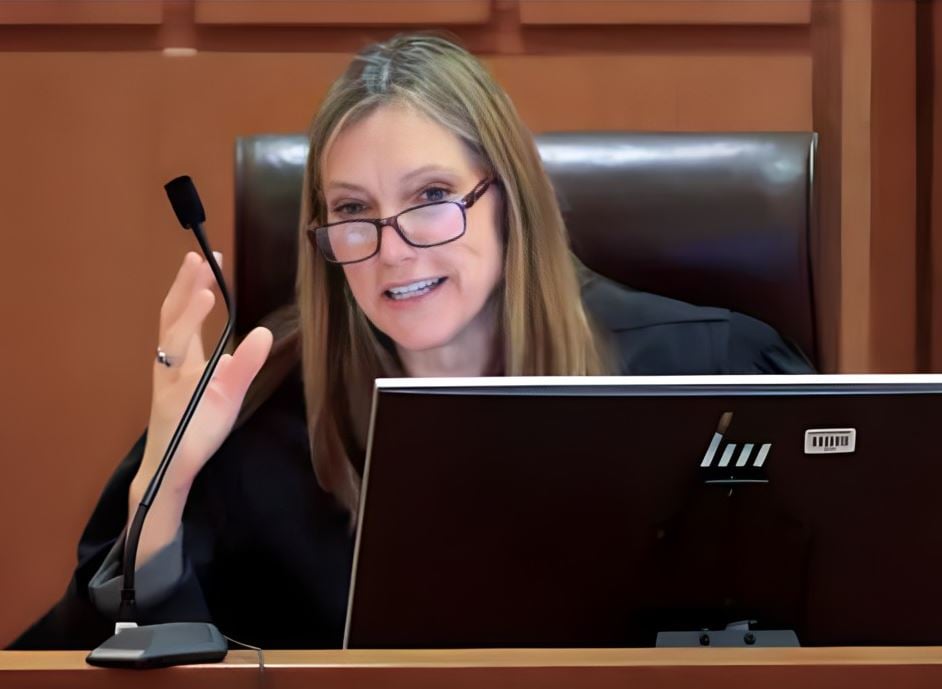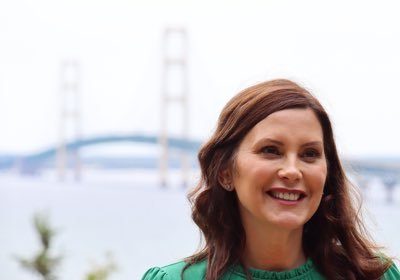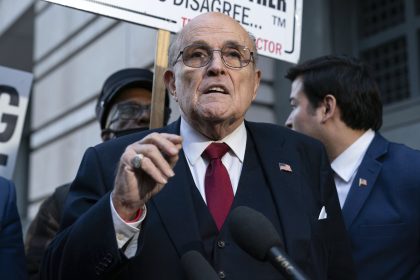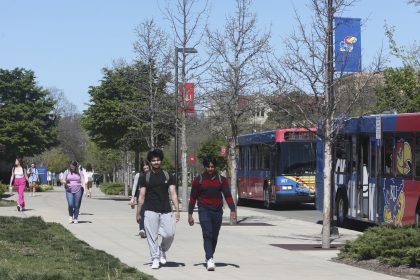Abortion Legal Again in Wisconsin, State Plans Appeal

MADISON, Wisc. — A county circuit court judge in Wisconsin has ruled that the 1849 law on which the state bases its abortion prohibition does not actually apply to abortion at all.
As a result, abortions are now once again legal in the state, pending an appeal to the state’s highest court.
In a ruling handed down on Tuesday night, Dane County Circuit Judge Diane Schlipper held that though the 174-year-old law is titled “abortion,” it actually applies to criminal feticide — the act of killing a fetus or causing a miscarriage — and not consensual abortion at all.
Sheboygan County District Attorney Joel Urmanski announced Wednesday morning that he plans to appeal the ruling immediately.
“In my view, the statute plainly applies to abortion, and while it may be that the citizens of Wisconsin would be better served by a different statute, I do not believe it is my job or the role of the courts to make that determination,” Urmanski said in a written statement.
“It is an issue for the Legislature and the governor to resolve,” he said.
Meanwhile, Wisconsin Attorney General Josh Kaul, a Democrat who filed the lawsuit, said that he was thrilled with Schlipper’s ruling and plans to defend it to the fullest.
“Freedom wins. Equality wins. Women’s health wins,” he declared after the ruling was released.
“This ruling is a momentous victory, and we are prepared to defend it — and reproductive freedom in Wisconsin,” he said.
Though they are on opposite sides of the litigation, Kaul did meet Urmanski halfway, agreeing that the Legislature could “resolve this case immediately” if it wanted.
In Kaul’s view, however, that would mean, “passing legislation that protects access to safe and legal abortion.”
“That hasn’t happened and didn’t happen, and access to abortion was essentially unavailable in Wisconsin,” he said on Wednesday.
“Having clear connections in state statute for that fundamental right and essentially codifying Roe v. Wade in Wisconsin, that would be the most straightforward way, but absent that, having a court decision … will also be effective,” he said.
The U.S. Supreme Court struck down both Roe v. Wade and Planned Parenthood v. Casey in its June 2021 ruling in Dobbs v. Jackson Women’s Health Organization, eliminating a constitutional right to an abortion that had been recognized for the previous 50 years.
Since then a number of states have adopted their own rules or restrictions, but Wisconsin has struggled with the issue.
So far, the Republicans who control the state Legislature have been unable to agree on how far they want to go in restricting the procedure, and Democratic Gov. Tony Evers has said he would veto any legislation that kept the 1849 law in place.
Prior to Schlipper’s ruling, it was interpreted to ban all abortions except when the mother would die without one.
The law automatically went into effect after Dobbs, which is what inspired Kaul to file his lawsuit.
For a practical matter, abortions have been available in Wisconsin since September, when Planned Parenthood of Wisconsin resumed providing them based on an order from Schlipper suggesting what her ultimate decision would be.
“With patients and community as our central priority and driving force, we are eager to resume abortion services and provide this essential care to people in our state,” Tanya Atkinson, president and CEO of Planned Parenthood of Wisconsin, said on Sept. 14.
“With the recent confirmation from the court that there is not an enforceable abortion ban in Wisconsin, our staff can now provide the full scope of sexual and reproductive health care to anyone in Wisconsin who needs it, no matter what,” Atkinson said.
Dan can be reached at [email protected] and @DanMcCue

























